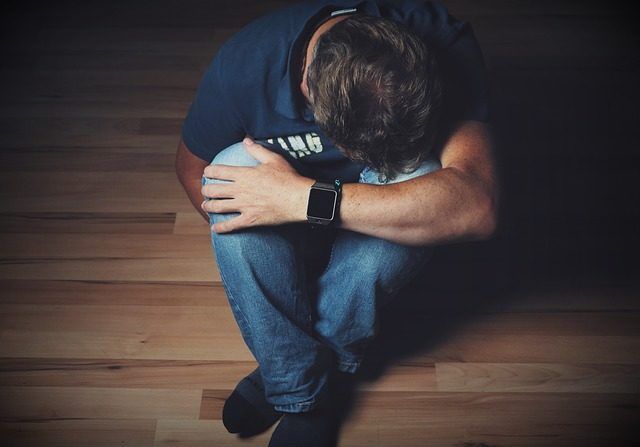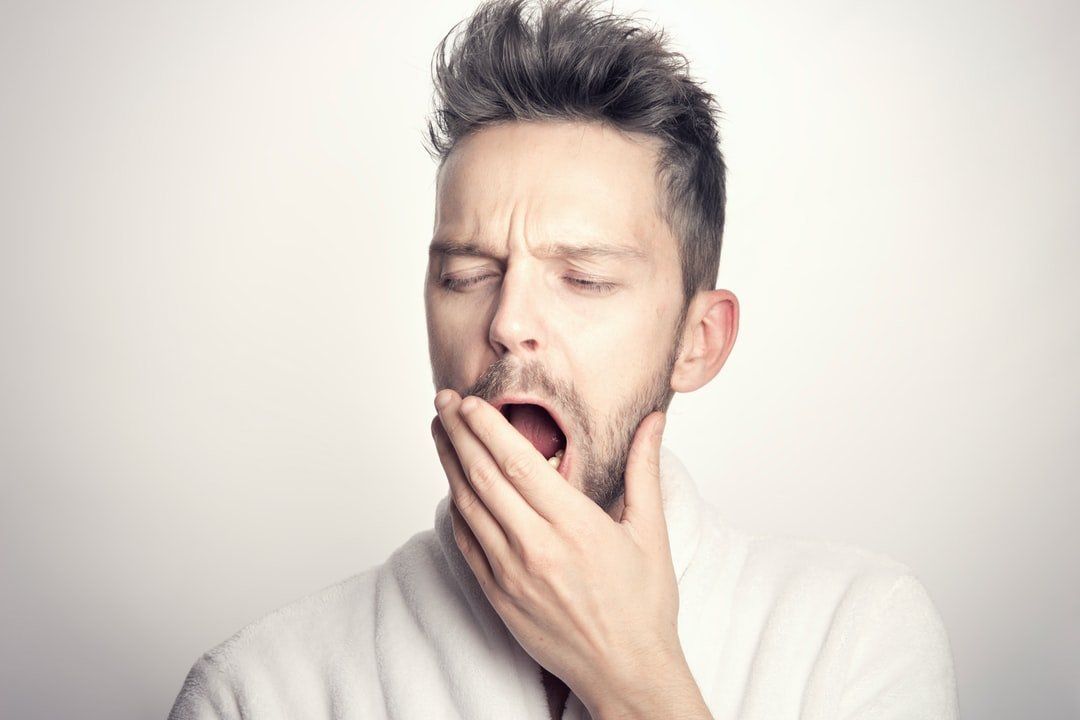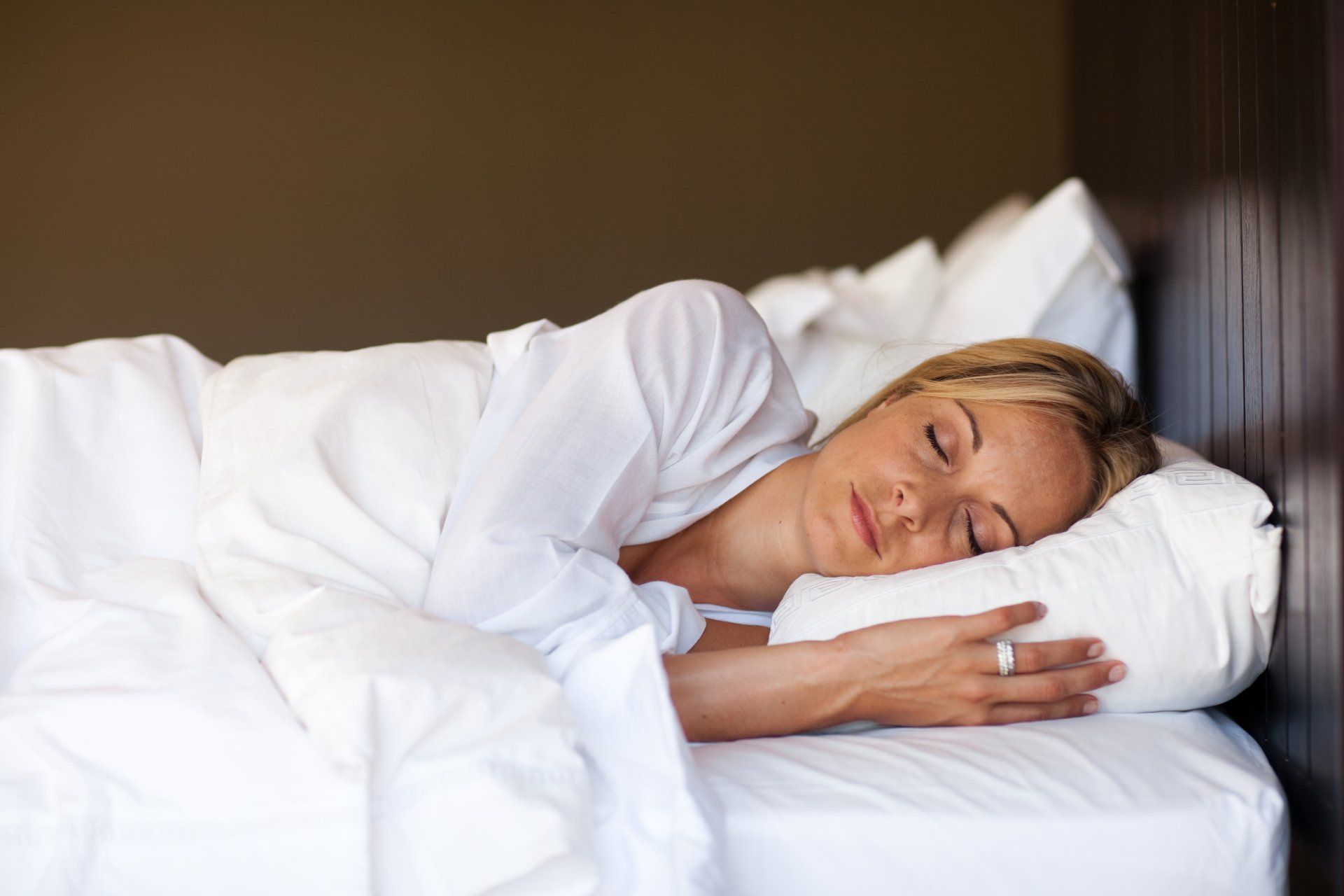A Connection Exists Between Sleep Apnea and Depression
There is a complexity between sleep apnea and depression. While depression can cause an array of sleep problems, the same goes for sleep complications—it can contribute or cause depressive disorders. Dr. Bonnie Foster, your dentist in Warrenton, continues to remain in a unique position to help you improve your health. By treating sleep apnea, we can ultimately help improve your depression. Let’s learn more.
What is the Connection Between Sleep Apnea and Depression?
Sleep-disordered breathing has been linked with depression. This is especially true because insomnia is very common among people that are depressed. It has been suggested that those who suffer from insomnia have 10 times the risk of developing depression compared with those who sleep well.
If you are depressed, you may suffer from a range of insomnia, including:
- Difficulty falling asleep
- Difficulty staying asleep
- Un-refreshing sleep
- Daytime sleepiness
Obstructive sleep apnea (OSA) is linked with depression because those with depression were found to be five times more likely to suffer from sleep-disordered breathing. With such a high instance of sleep apnea in those with depression, it is important to talk to Dr. Foster to discuss next steps in treatment for sleep apnea in Warrenton.
Diagnosing and Treating Sleep Apnea in Warrenton
But we have good news! By treating sleep apnea, your depression may improve. And, in many cases, because symptoms of depression overlap with symptoms of sleep apnea in Warrenton, there can be a risk for misdiagnosis.
If you are experiencing signs of depression, you should also be screened for sleep apnea by answering questions about the following symptoms:
- Snoring
- Breathing pauses while sleeping
- Disrupted sleep
- Excessive daytime sleepiness
For more information on sleep apnea in Warrenton, please contact Dr. Bonnie Foster. With proper treatment, we hope to not only provide relief from sleep apnea in Warrenton, but depression as well.









